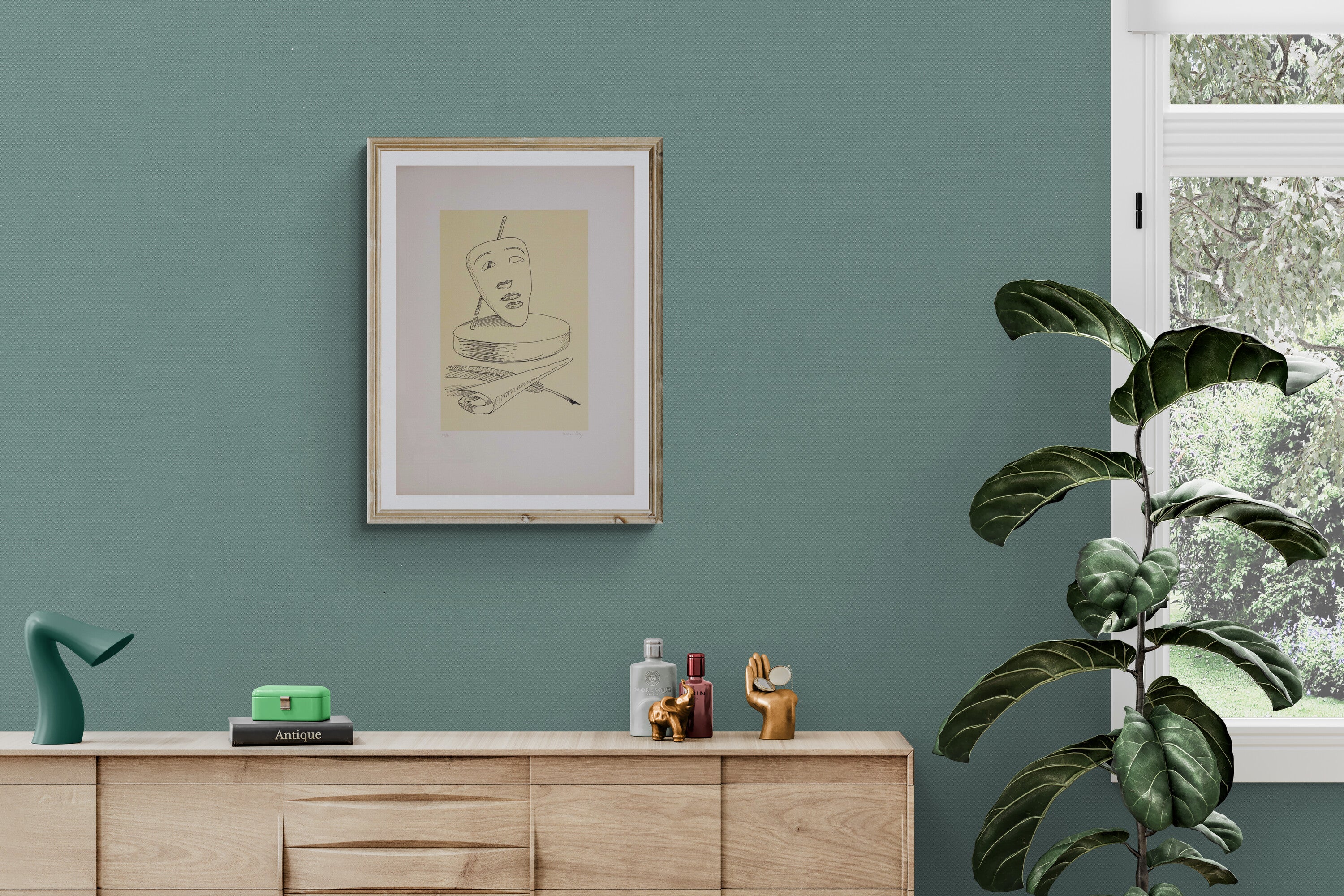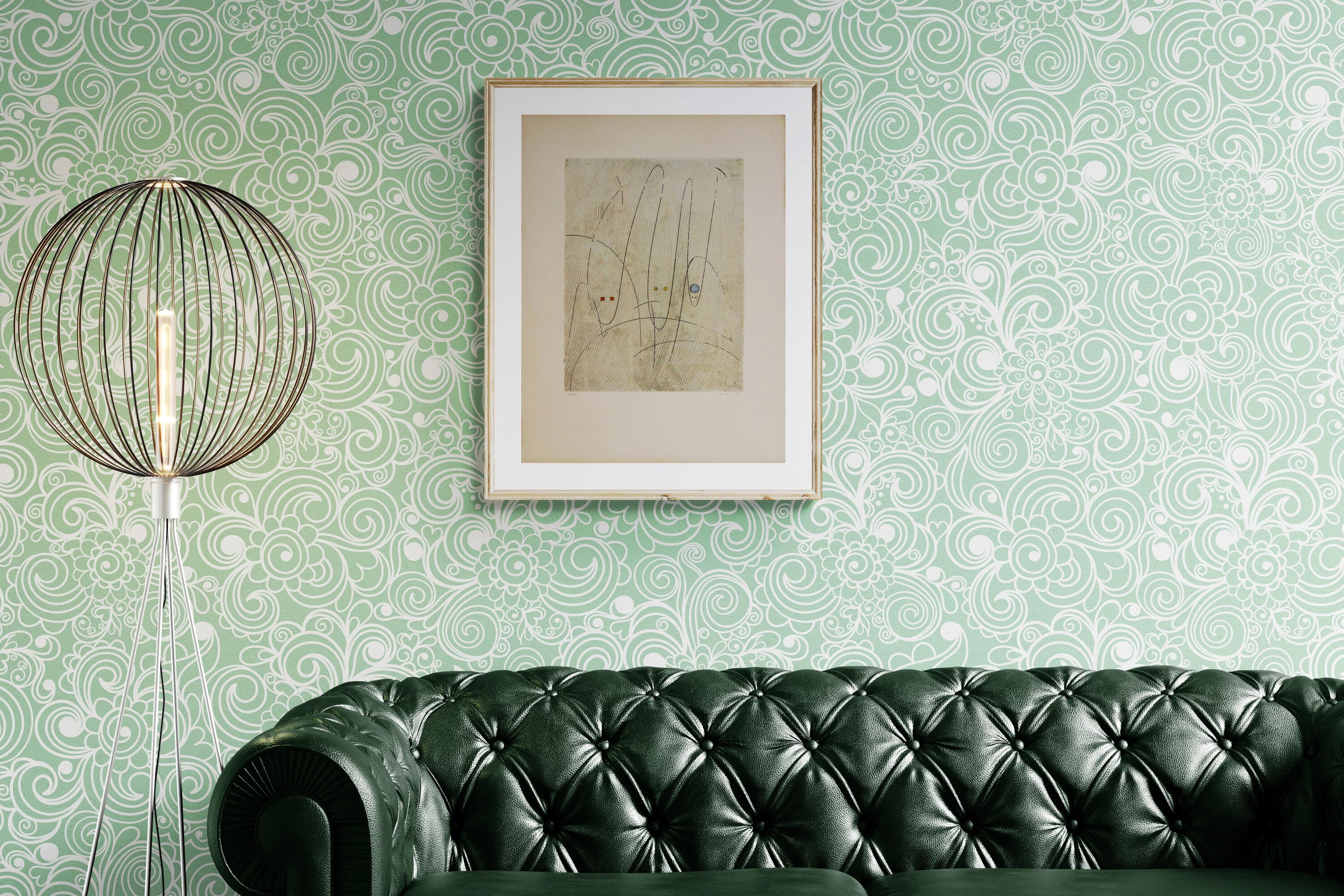Nino Caffé
Nino Caffè, born Giovannino Caffè, was an Italian painter and engraver. He was born on June 24, 1908, in Alfedena, Abruzzo. After completing elementary studies in L'Aquila, in 1923 he moved with his family to Ancona, where he began attending painting courses by Ludovico Spagnolini and sculpture courses by Vittorio Morelli. In 1930, after getting married, Nino Caffè settled permanently in Pesaro, a city offering a lively artistic and cultural environment. Here he came into contact with various local artists, including Bruno Baratti, Werter Bettini, Ciro Cancelli, Alessandro Gallucci, Aldo Pagliacci, and Achille Wildi.
Already in 1931 he begins to exhibit his artworks and in 1938 participates in the Venice Biennale, where he receives a purchase prize from King Vittorio Emanuele III. In 1935 he graduates from the Istituto Statale d'Arte di Urbino, where he later teaches "figure" in 1943 and 1944. During the period spent in Urbino, hosted by the Benedetti family, the artist has the opportunity to observe the seminarians and priests passing in front of the house, a theme that will characterize his future painting.
Nino Caffè actively participates in the cultural life of Urbino and in 1948 becomes a member of the Accademia Raffaello. In 1944, the Galleria Gianferrari in Milan dedicates a major exhibition to him, while in 1946, in Pesaro, he holds a solo exhibition in the gallery of Rossini's birthplace. From that moment, he begins to enjoy real success, opening a studio in Rome and collaborating with the Galleria dell'Obelisco, directed by Gaspare Del Corso and Irene Brin, which also opens a branch in New York. The Metropolitan Museum acquires one of his artworks.
In 1963, the painter closes the Roman studio and returns to Pesaro, continuing to collaborate with the Galleria dell'Obelisco. He also exhibits in other galleries, such as the Gianferrari in Milan, the San Luca in Verona, the Vicolo in Genoa, the Probibia in Palermo, and the Zoot in La Spezia. Besides painting, he also successfully dedicates himself to engraving.
The artworks of Nino Caffè have been appreciated by the major European and American collectors, consecrating the painter of the little priests to international fame. His painting is characterized by a vibrant drawing, a refined chromatic composition, and a particular technical skill. Besides religious themes, the artist also explores other social topics and, in recent years, develops a more dramatic tone, reflecting on the theme of death.
Nino Caffè died in Pesaro on May 17, 1975, at the age of 66, following a cardiocirculatory collapse. His artworks are mainly kept in private collections, but some paintings are also found in important museums such as the Museum of Modern Art in New York and the Boston Museum.








